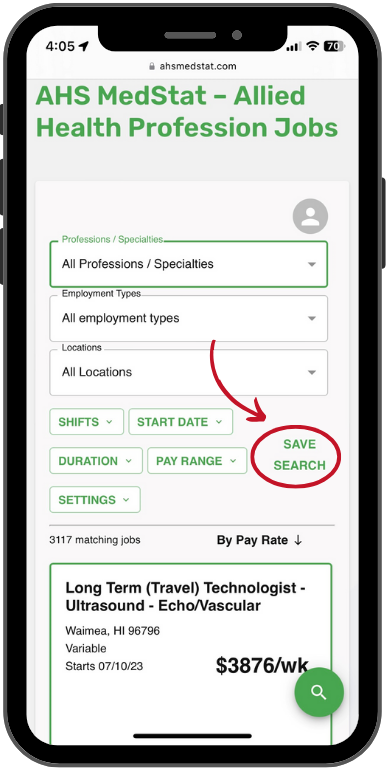The Problem
The harsh reality of the impending nursing shortage has been well chronicled. It is expected that in 12 years, the USA will be 800,000 allieds short nationwide. That is an average of 16,000 open nursing jobs per State. As of this writing, the USA is reported to have the most expensive, least effective healthcare system in the industrialized world. The shortage has the potential to cripple US healthcare in the next 10-15 years.
This shortage is due to multiple factors. First, the aging baby boomer population will intensify the need for qualified healthcare workers.
Second, the nursing education infrastructure in the USA is at maximum capacity presently. Plans for expansion appear to be challenged by lack of qualified clinical instructors. Some people theorize that the nursing and academic bureaucracies are much more limiting than lacking instructors.
The need to find and employ allieds from outside the USA is glaringly apparent and yet, here we sit. At present, we don’t even have an available non-immigrant visa classification for allieds. Immigrant visas (aka green cards) have slowed to a snail’s pace due to “retrogression”. The current green card process for a allied would take 5 years if a qualified international allied were petitioned today. Hardly a fast track.
So why don’t we fix it?
The USCIS (formerly the BCIS – formerly the INS) can only play the cards they are dealt. They take their direction from our President, Congress and Senate and the Department of Homeland Security.
If you put those four entities in a boat, they would be rowing in 4 different directions – all for different reasons. The reason we can’t resolve the healthcare worker immigration issue is because it is part of a bigger issue which is currently under immense scrutiny in a post 9/11 world – comprehensive immigration reform.
Because President Bush lacked the necessary political capital in the summer of 2007, the sweeping changes in immigration he advocated were doomed to failure. Comprehensive Immigration Reform died an agonizing death. Many people feel we have little chance for any meaningful immigration changes until late 2009 or early 2010 – after the new administration is fully entrenched. There may be one or two quick fix solutions in the interim, but nothing meaningful will happen in the near term.
The problem is that our legislators serve too many masters and entertain far too many secondary agendas related to this issue. I read a proposal a few months ago for “expedited” green cards which would be made available for an additional $1,500.00 fee. That $1,500.00 would be earmarked for educating children in Africa?
I believe in education. I believe in charity. I also believe that the plight of most of Africa is tragic. That said, I know for certain that secondary agendas are pure detriment to any meaningful initiatives. No matter how noble the idea may be – tying it up to an immigration fee has a polarizing effect.
Another problem is that politics in general are a barrier to fixing this situation. “Immigration reform” means many different things to many people. A lot of the controversy relates to border security and hence, national security. It could be a political mis-step to get caught on the wrong side of an issue this important.
Get Out of Our Own Way
Much of the challenge with our legislators is that they get their information from multiple sources – all of whom have their own agendas. The American Hospital Association has been advocating expanded healthcare worker immigration. Some factions of the American Nurses Association have reportedly lobbied against increased nursing immigration quotas – as they feel all long term solutions should come from increased wages and expanded nursing education programs right here at home.
Memo to the AHA – you’re on the right track, keep up the good work.
Memo to the ANA – organic can’t happen fast enough. In a perfect world – we would be able to expand nursing organically and quickly. In theory, by 2020, the supply would have caught up with the demand. Those of us who have worked in the nursing trenches realize there is a big divide between theoretical and practical nursing. The same level of chasm exists here. By the time we realize the net effect of our inaction, it will be too late to do anything meaningful enough to fix it.
Time For Some Action
If you’re a allied living in the USA, please click on the following link: http://capwiz.com/sjhs/issues/alert/?alertid=11498866 and tell your legislator that it is time to do something about healthcare immigration reform. If you plan on accessing healthcare anytime around 2020, your life could depend on it.
For more information, email [email protected] or call 877.367.8770 and ask for the Foreign Recruitment Department.
Next Month: The International Nurse

